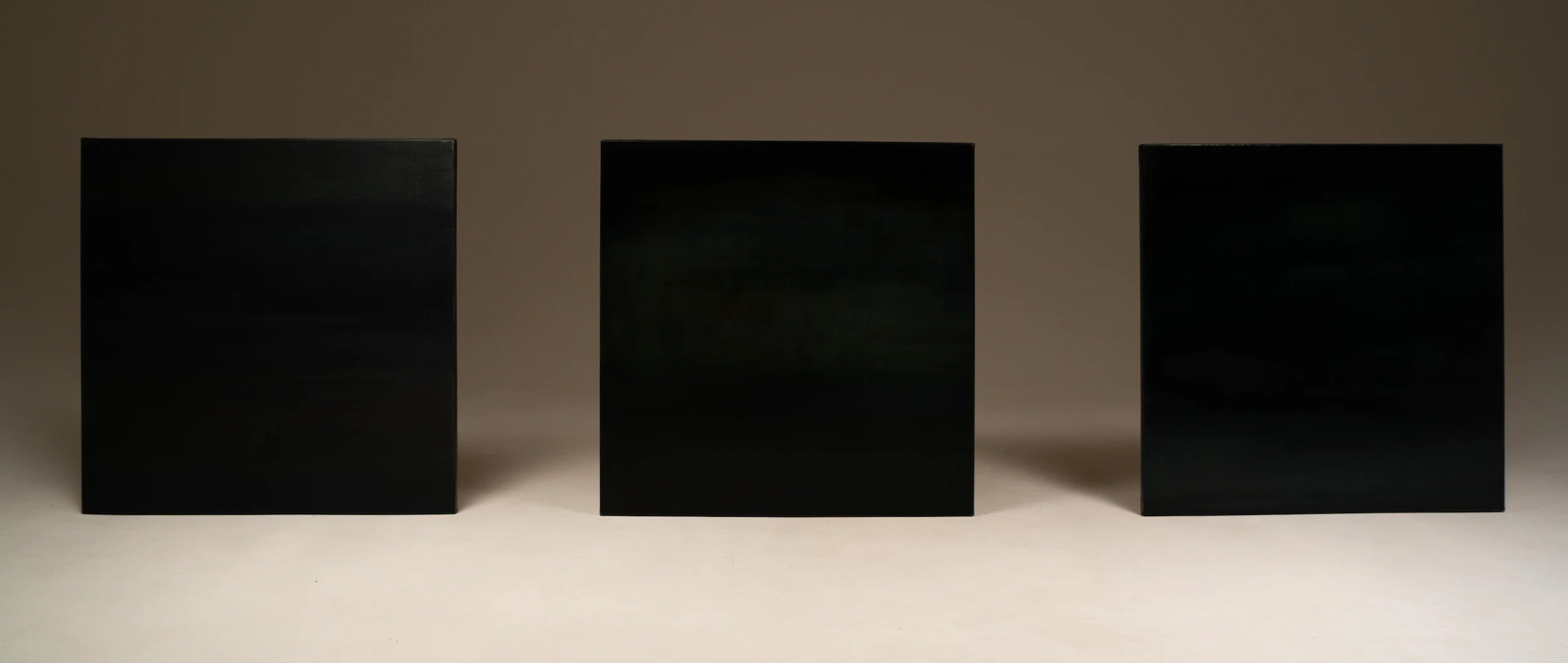“pe negru. pe pământ.”
Date
22.09.2025

Description
A Narrative on Cultural Codes and Identity
My narrative is dedicated to exploring the role of cultural codes in the formation of personal identity. Cultural codes are symbols, values, norms, and patterns of behavior transmitted by society and embedded in individual consciousness. They shape not only the ways of perceiving the world but also the mechanisms of self-definition. In this sense, cultural codes trace a specific trajectory of self-identification: a person becomes aware of themselves through the language, traditions, myths, and social practices that surround them. However, despite their stability, cultural codes are not a rigid matrix; on the contrary, the individual always finds space for interpretation, resistance, or rethinking. It is precisely at the intersection of collective and individual experience that the unique path of identity formation emerges.
Cultural Codes as the Foundations of Identity
Among the cultural codes most significant for shaping identity, language holds a special
place. It is not only a means of communication but also a carrier of generational memory,
through which a person gains access to myths, symbols, and cultural images. Religion and
spiritual traditions provide a system of values and define moral guidelines. Family and
immediate surroundings form the first behavioral scenarios and reinforce norms, which may
later be reinterpreted or rejected. In today’s world, media and mass culture play an
increasingly important role, offering ready-made models of self-identification and symbolic
forms of belonging.
Mechanisms of Influence
Cultural codes influence the individual on multiple levels. They shape ways of perceiving
the world, establish criteria for what is meaningful or insignificant, and affect how a
person interprets their own experience. Codes also act as behavioral scripts that suggest
what is considered normal and what is seen as deviation. At the same time, each individual
constantly balances between collective heritage and personal experience: in absorbing these
codes, they inevitably form their own individual version of identity.
The Space of Interpretation and Freedom
Despite the power of cultural codes, the individual is not their passive bearer. A person is
capable of reinterpreting traditions, adapting them to their own values, or even creating
new cultural meanings. Creativity, critical thinking, and intercultural dialogue allow the
individual to transcend the given framework and become an active co-author of their own
identity.
Thus, cultural codes form the foundation of personal self-definition: they structure
experience, set values, and shape worldviews. Yet identity is not reducible to the simple
assimilation of ready-made forms. It is born out of dynamism—at the intersection of
tradition and freedom, the collective and the individual, stability and rethinking. It is
within this space that a person finds their unique trajectory of self-identification.
The “Awakening” series
Date
08.05.25 - 31.12.25
Placed
Art Gallery Decor Park


Description
The “Awakening” series is the artist’s philosophical reflection on fundamental questions: Who are we and where do we come from?
These works remind us: the new begins with re-meaning. The past is not a burden, but the soil that nourishes becoming. It becomes the very foundation of the future. This is not merely a technique — it is a visual language, a way of thinking, the plasticity of light and the breath of form.
Each canvas is an act of inner dialogue, where experience, memory, and the forgotten gain new resonance. Through light, form, and texture, the series opens a space between what has been and what is possible. The future is not predetermined — it is born in the moment of seeing, in contact with history. This is not a linear path, but a pulsating field of transitions, where awakening becomes a choice: to see the past not as a boundary, but as a resource.